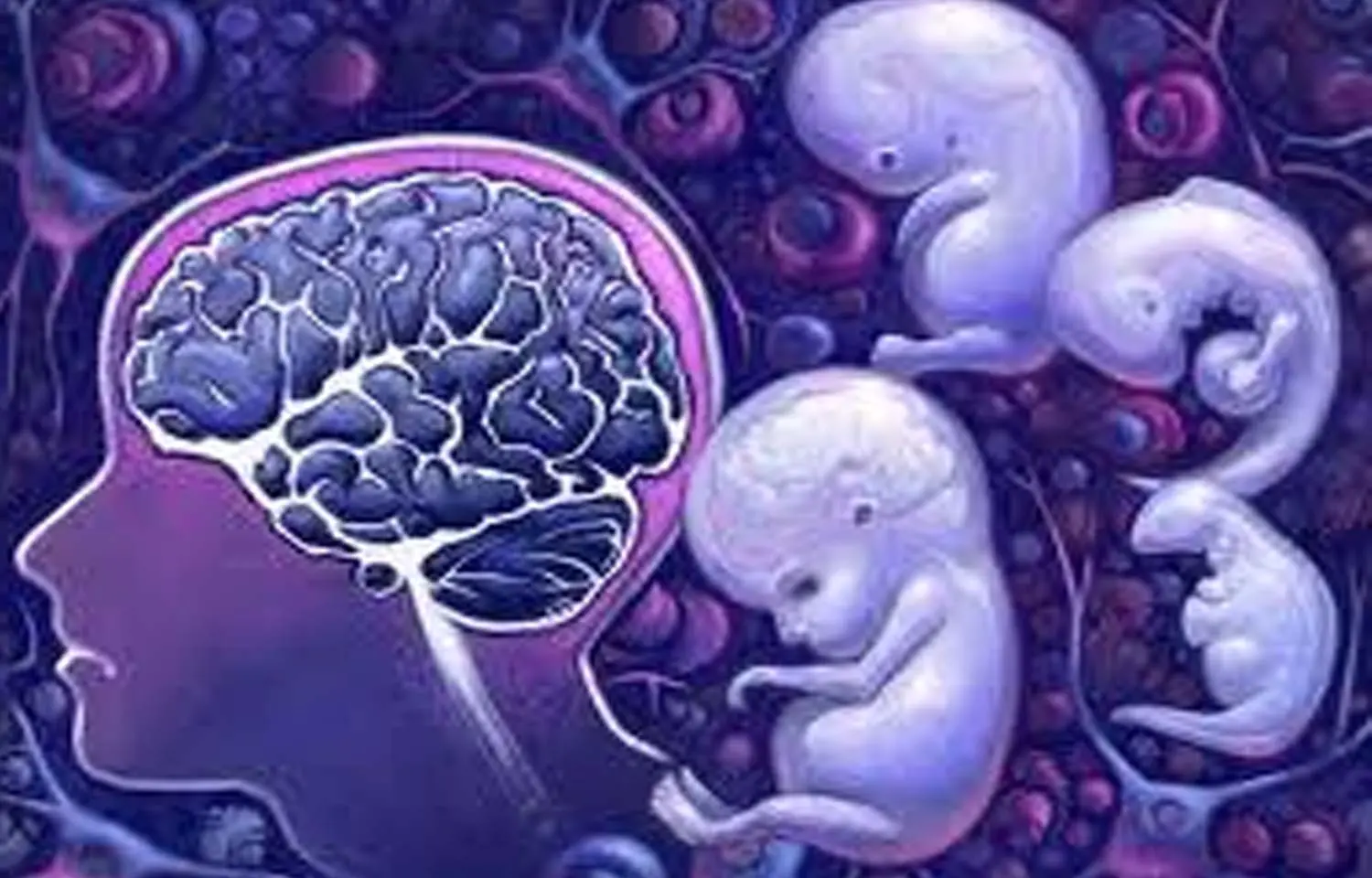- Home
- Medical news & Guidelines
- Anesthesiology
- Cardiology and CTVS
- Critical Care
- Dentistry
- Dermatology
- Diabetes and Endocrinology
- ENT
- Gastroenterology
- Medicine
- Nephrology
- Neurology
- Obstretics-Gynaecology
- Oncology
- Ophthalmology
- Orthopaedics
- Pediatrics-Neonatology
- Psychiatry
- Pulmonology
- Radiology
- Surgery
- Urology
- Laboratory Medicine
- Diet
- Nursing
- Paramedical
- Physiotherapy
- Health news
- Fact Check
- Bone Health Fact Check
- Brain Health Fact Check
- Cancer Related Fact Check
- Child Care Fact Check
- Dental and oral health fact check
- Diabetes and metabolic health fact check
- Diet and Nutrition Fact Check
- Eye and ENT Care Fact Check
- Fitness fact check
- Gut health fact check
- Heart health fact check
- Kidney health fact check
- Medical education fact check
- Men's health fact check
- Respiratory fact check
- Skin and hair care fact check
- Vaccine and Immunization fact check
- Women's health fact check
- AYUSH
- State News
- Andaman and Nicobar Islands
- Andhra Pradesh
- Arunachal Pradesh
- Assam
- Bihar
- Chandigarh
- Chattisgarh
- Dadra and Nagar Haveli
- Daman and Diu
- Delhi
- Goa
- Gujarat
- Haryana
- Himachal Pradesh
- Jammu & Kashmir
- Jharkhand
- Karnataka
- Kerala
- Ladakh
- Lakshadweep
- Madhya Pradesh
- Maharashtra
- Manipur
- Meghalaya
- Mizoram
- Nagaland
- Odisha
- Puducherry
- Punjab
- Rajasthan
- Sikkim
- Tamil Nadu
- Telangana
- Tripura
- Uttar Pradesh
- Uttrakhand
- West Bengal
- Medical Education
- Industry
Paternal prescription of valproate during spermatogenesis may not increase risk of major congenital and neurodevelopmental disorders: JAMA

Researchers have found that paternal use of valproate during spermatogenesis is not associated with an increased risk of congenital malformations or neurodevelopmental disorders in offspring. A recent large-scale Danish cohort study provides reassurance about the safety of valproate use in men during the time leading up to conception. The study was published in JAMA Network Open by Jakob C. and colleagues.
Concerns have been raised about the potential teratogenic effects and long-term neurodevelopmental outcomes of paternal valproate use during spermatogenesis. Valproate is a medication commonly used to treat epilepsy and other neurological conditions, but its impact when taken by men prior to conception has been less clear. This study aimed to evaluate these potential risks by examining a large cohort of births in Denmark.
The study included 1,235,353 singletons born in Denmark between January 1, 1997, and December 31, 2017. Of these, 1336 children had fathers who had filled prescriptions for valproate during the critical period of spermatogenesis (three months prior to conception). Congenital malformations were identified within the first year of life, while neurodevelopmental disorders were tracked from one year of age until the end of follow-up on December 31, 2018. Statistical analyses included log-binomial regression to estimate adjusted relative risks (ARRs) for congenital malformations and Cox proportional hazards regression to estimate adjusted hazard ratios (AHRs) for neurodevelopmental disorders, accounting for relevant confounders.
• The median follow-up period was 10.1 years for valproate-exposed children and 10.3 years for unexposed children.
• 43,903 children (3.6%) were diagnosed with major congenital malformations in the first year.
• 51,633 children (4.2%) were diagnosed with neurodevelopmental disorders during follow-up.
• The ARR of major congenital malformations in valproate-exposed children was 0.89 (95% CI, 0.67-1.18).
• The AHR of neurodevelopmental disorders was 1.10 (95% CI, 0.88-1.37).
• The AHR of autism spectrum disorder was 0.92 (95% CI, 0.65-1.30).
• Additional analyses, including dose-response, sibling comparisons, and assessments of children with paternal epilepsy or paternal lamotrigine exposure, supported the robustness of these findings.
The results suggest that paternal valproate use during spermatogenesis does not increase the risk of congenital malformations or neurodevelopmental disorders, including autism spectrum disorder, in offspring. These findings provide important clinical guidance for the management of men requiring valproate for neurological conditions, reassuring them that their medication use is unlikely to harm their future children.
In this extensive Danish cohort study, paternal valproate use during the spermatogenesis period was not linked to an increased risk of congenital malformations or neurodevelopmental disorders in offspring. These findings are crucial for informing treatment decisions and providing peace of mind to prospective fathers on valproate therapy.
Reference:
Christensen, J., Trabjerg, B. B., & Dreier, J. W. (2024). Valproate use during spermatogenesis and risk to offspring. JAMA Network Open, 7(6), e2414709. https://doi.org/10.1001/jamanetworkopen.2024.14709
Dr Riya Dave has completed dentistry from Gujarat University in 2022. She is a dentist and accomplished medical and scientific writer known for her commitment to bridging the gap between clinical expertise and accessible healthcare information. She has been actively involved in writing blogs related to health and wellness.
Dr Kamal Kant Kohli-MBBS, DTCD- a chest specialist with more than 30 years of practice and a flair for writing clinical articles, Dr Kamal Kant Kohli joined Medical Dialogues as a Chief Editor of Medical News. Besides writing articles, as an editor, he proofreads and verifies all the medical content published on Medical Dialogues including those coming from journals, studies,medical conferences,guidelines etc. Email: drkohli@medicaldialogues.in. Contact no. 011-43720751


